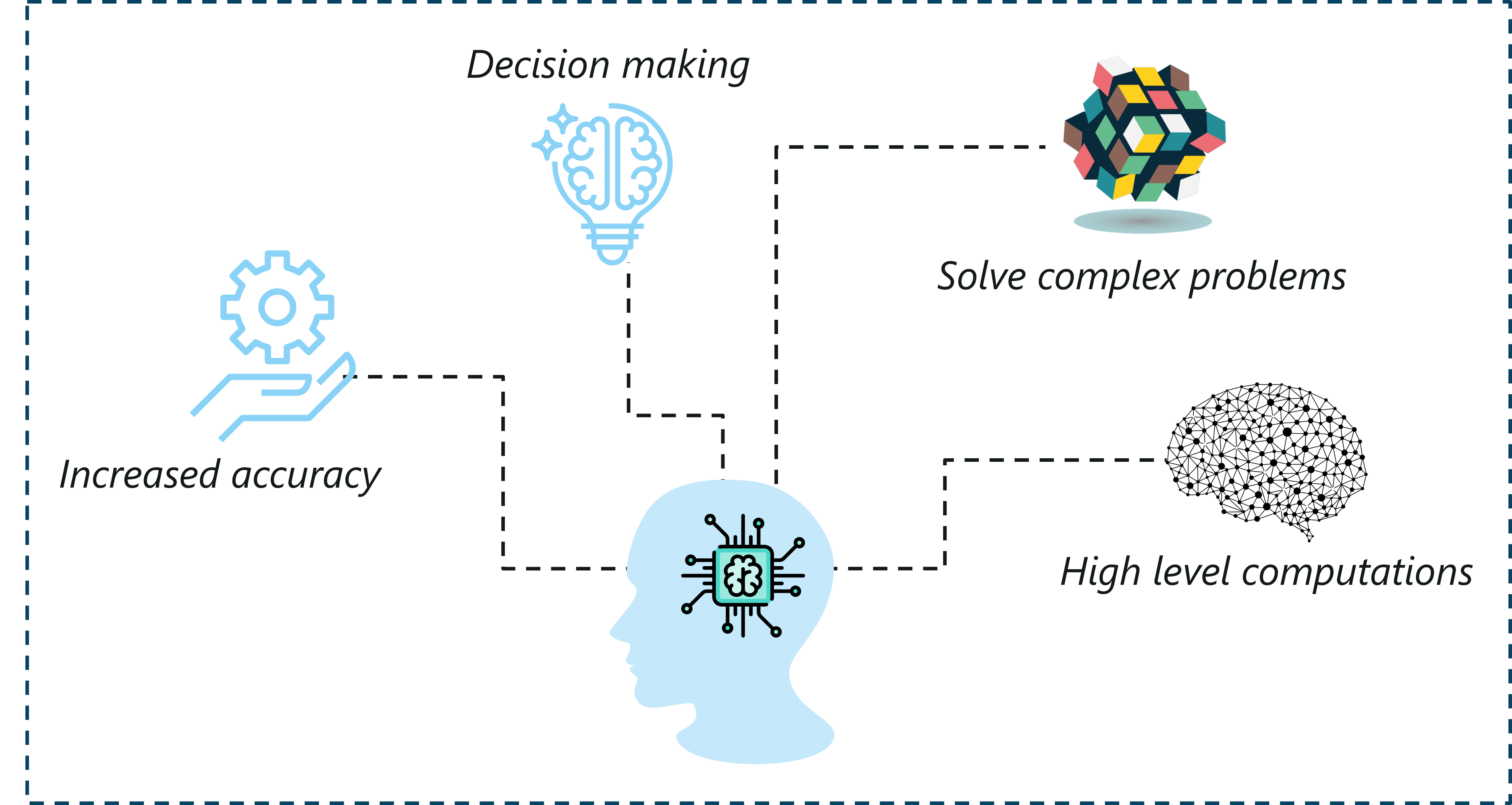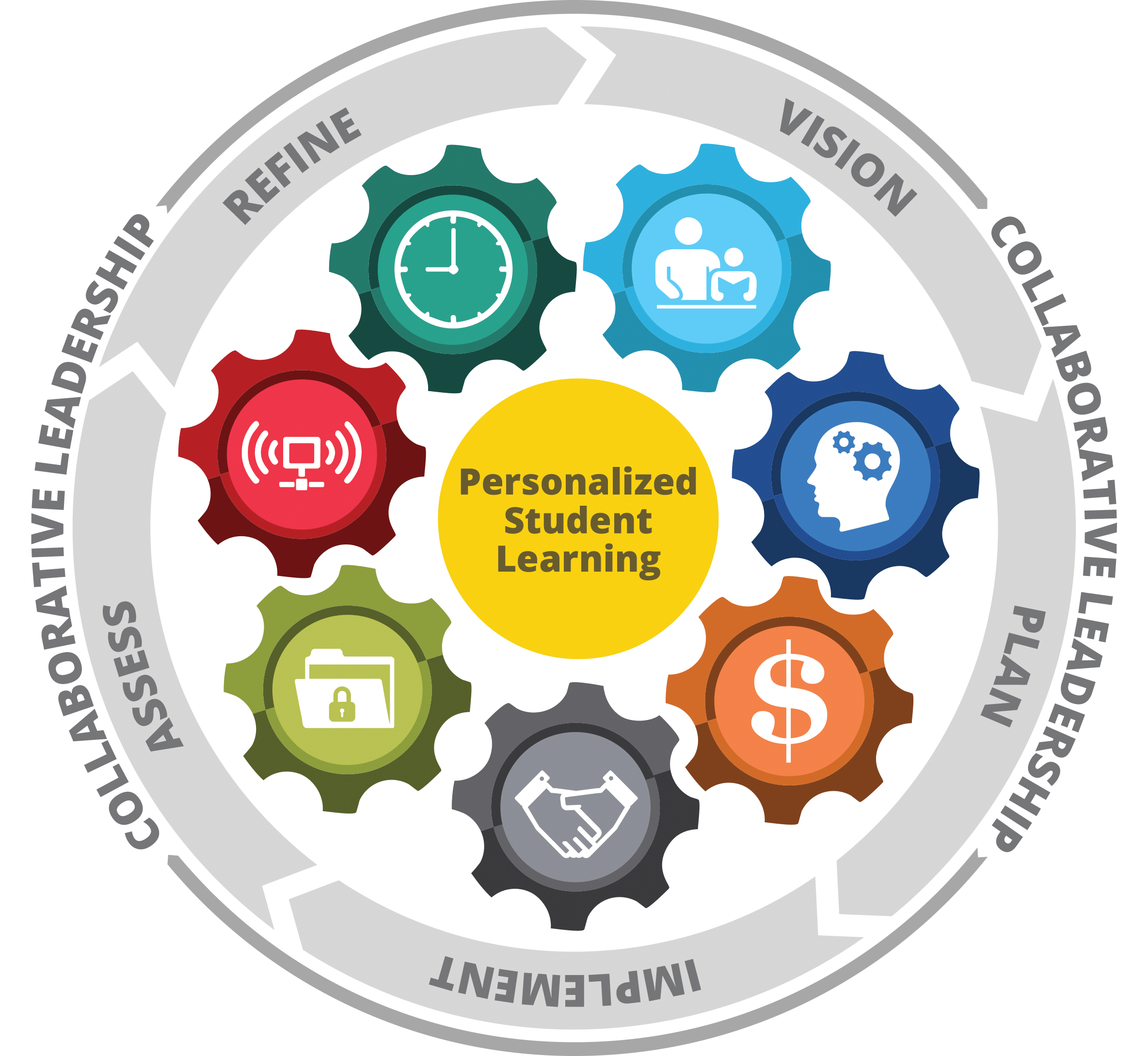In order to help you understand how AI is being used to personalize healthcare, we did some analysis, digging information, made Unlocking The Power Of AI For Personalized Healthcare: A Journey Of Innovation And Transformation we put together this Unlocking The Power Of AI For Personalized Healthcare: A Journey Of Innovation And Transformation guide to help target audience make the right decision.
| Traditional Healthcare | Personalized Healthcare | |
|---|---|---|
| Treatment Approach | One-size-fits-all | Tailored to the individual patient |
| Data Used | Limited to patient history and physical exam | Includes genetic, lifestyle, and environmental data |
| Outcomes | Variable and often unpredictable | Improved outcomes, reduced costs, and improved patient satisfaction |

Generative Ai In Healthcare Examples - Source kwets4bvlessonlearning.z14.web.core.windows.net
As AI continues to develop, we can expect to see even more innovative and transformative applications in personalized healthcare. This technology has the potential to change the way we think about and receive medical care, and it is poised to make a significant impact on the future of healthcare.
FAQ
This comprehensive FAQ section provides answers to frequently asked questions regarding the transformative potential of AI in personalized healthcare, addressing common concerns and clarifying misconceptions.

Innovative Medicines Canada - Source innovativemedicines.ca
Question 1: What is the role of AI in personalized healthcare?
AI's role in personalized healthcare is multifaceted. It empowers the analysis of vast amounts of patient data, including medical history, genomics, lifestyle factors, and environmental influences. This data can be leveraged to create personalized treatment plans, predict disease risks, and provide tailored interventions for individuals.
Question 2: How does AI improve patient outcomes?
AI enhances patient outcomes through precision medicine approaches. By tailoring treatments based on individual patient profiles, AI enables more effective and targeted therapies. It also supports disease prevention by identifying high-risk individuals and recommending preventive measures.
Question 3: What are the challenges in implementing AI in healthcare?
Implementing AI in healthcare poses challenges related to data privacy, regulatory compliance, and algorithm bias. Establishing clear data governance frameworks, ensuring robust cybersecurity measures, and mitigating potential biases in algorithms are crucial for responsible and ethical adoption.
Question 4: How will AI impact healthcare professionals?
AI will augment the capabilities of healthcare professionals, enhancing their decision-making and efficiency. By providing AI-driven clinical insights, automating repetitive tasks, and supporting personalized care planning, AI will empower healthcare professionals to focus on complex patient needs and deliver compassionate care.
Question 5: What are the ethical considerations in using AI in healthcare?
Ethical considerations in AI-driven healthcare center around data privacy, patient autonomy, and algorithm transparency. Ensuring informed consent, protecting patient data, and developing transparent and accountable algorithms are paramount to maintain trust and ethical standards.
Question 6: What is the future of AI in personalized healthcare?
The future of AI in personalized healthcare holds immense potential. Advancements in machine learning, natural language processing, and computational power will drive further innovation, enabling the development of more precise and effective AI-powered solutions that will transform healthcare delivery, improve patient outcomes, and enhance the overall healthcare experience.
These FAQs provide a glimpse into the transformative potential of AI in personalized healthcare, addressing key concerns and clarifying misconceptions. As AI continues to evolve, it will play an increasingly vital role in shaping the future of healthcare, empowering personalized, data-driven, and patient-centric care.
Next Article Section: Unlocking AI's Potential for Precision Medicine: The Path Forward
Tips
Unlocking the potential of AI for personalized healthcare calls for a thoughtful and sequential strategy to improve patient outcomes, amplify medical research, and remodel healthcare systems.
Tip 1: Embrace Data-Driven Insights
Leverage AI algorithms to analyze vast amounts of patient data, extracting meaningful patterns and insights. This empowers healthcare providers to make data-informed decisions, predict disease risks, and tailor treatments to individual patient profiles.
Tip 2: Foster Collaboration Between Healthcare and Technology
Successful AI implementation requires collaboration between healthcare professionals and technology experts. Healthcare providers bring deep medical knowledge, while technology experts provide technical expertise. This synergy drives innovation and ensures AI solutions align with clinical needs.
Tip 3: Prioritize Explainability and Transparency
Ensure AI systems are transparent and interpretable to clinicians and patients. Explainable AI models build trust by providing insights into decision-making processes. This transparency fosters confidence in AI recommendations and empowers healthcare providers to effectively integrate AI into their clinical workflows.
Tip 4: Invest in Continuous Learning and Improvement
AI systems should continuously learn and improve through ongoing data analysis and feedback. Regularly update AI algorithms with new data to enhance accuracy and adapt to evolving medical knowledge. Continuous improvement ensures AI solutions remain relevant and effective in a rapidly changing healthcare landscape.
Tip 5: Establish Ethical Guidelines and Data Privacy Standards
Develop clear ethical guidelines for AI development and deployment in healthcare. Ensure patient data privacy and confidentiality, addressing concerns about bias, fairness, and the potential misuse of AI. Ethical considerations build trust and ensure AI aligns with societal values and legal frameworks.
Tip 6: Empower Patients with AI-Driven Self-Management Tools
Provide patients with AI-powered tools to actively participate in their healthcare. AI-enabled self-management platforms offer personalized health recommendations, symptom tracking, and medication reminders. Empowering patients fosters health literacy, promotes self-care, and improves overall health outcomes.
Tip 7: Integrate AI into Healthcare Infrastructure
Seamlessly integrate AI solutions into existing healthcare infrastructure, such as electronic health records and clinical decision support systems. This integration enables real-time access to AI-driven insights, facilitating timely and informed decision-making at the point of care.
Tip 8: Train Healthcare Professionals on AI Applications
Educate healthcare professionals on the capabilities and limitations of AI in healthcare. Provide training programs to equip clinicians with the knowledge and skills to effectively utilize AI tools in their practice. This empowers healthcare providers to make informed decisions, optimize patient care, and leverage AI's potential for personalized healthcare.
Harnessing the power of AI in healthcare requires a collaborative, data-driven, and ethical approach. By implementing these tips, healthcare organizations can unlock the transformative potential of AI to deliver personalized, efficient, and equitable healthcare for all.
To learn more about the transformative power of AI in healthcare, explore Unlocking The Power Of AI For Personalized Healthcare: A Journey Of Innovation And Transformation
Unlocking The Power Of AI For Personalized Healthcare: A Journey Of Innovation And Transformation
The integration of AI in healthcare embarks on a transformative journey, empowering personalized healthcare experiences. Unlocking the potential of AI necessitates a comprehensive exploration of six key aspects:
- Data Analytics: Unraveling insights from vast healthcare data.
- Machine Learning: Empowering AI systems to learn and adapt from data.
- Natural Language Processing: Facilitating communication between AI and humans.
- Computer Vision: Enabling AI to analyze and interpret medical images.
- Predictive Modeling: Forecasting disease risks and guiding preventive care.
- Personalized Treatment: Tailoring treatments based on individual patient profiles.

How AI in Healthcare is Transforming Patient Experience - Source www.techspian.com
These aspects intertwine to unlock the true power of AI in healthcare. Data Analytics provides the foundation for AI systems, while Machine Learning enables them to evolve and improve. Natural Language Processing facilitates seamless interaction, and Computer Vision empowers AI to analyze complex medical data. Predictive Modeling supports proactive healthcare by identifying potential risks. Ultimately, Personalized Treatment empowers AI to deliver tailored care plans, revolutionizing the patient experience. By embracing these key aspects, AI transforms healthcare, paving the way for a future of innovation and personalized care.
Unlocking The Power Of AI For Personalized Healthcare: A Journey Of Innovation And Transformation
The integration of Artificial Intelligence (AI) in healthcare holds immense potential to revolutionize healthcare delivery, enabling personalized and precise medical care. AI-powered technologies can analyze vast amounts of healthcare data, including patient records, genetic information, and imaging results, to identify patterns and insights that are beyond the reach of human capabilities. This data-driven approach empowers healthcare providers with a comprehensive understanding of each patient's unique health profile, leading to tailored treatment plans, preventive measures, and improved overall health outcomes.

Five Ways to Succeed with Personalized Learning • TechNotes Blog - Source blog.tcea.org
One of the most significant applications of AI in healthcare is precision medicine, where treatment strategies are customized to the individual characteristics of each patient. AI algorithms can analyze genetic data and identify specific biomarkers associated with disease susceptibility, drug response, and disease progression. This information can guide healthcare providers in selecting the most effective and personalized treatment options for each patient, increasing the likelihood of successful outcomes and minimizing adverse effects.
AI is also transforming the field of medical diagnosis. By leveraging machine learning algorithms, AI systems can assist healthcare professionals in identifying diseases or abnormalities from medical images, such as X-rays, CT scans, and MRIs, with greater accuracy and speed. This capability significantly reduces diagnostic errors, enables early detection of diseases, and facilitates timely interventions, ultimately improving patient prognosis and quality of life.
The potential benefits of AI in healthcare are far-reaching, extending beyond precision medicine and medical diagnosis. AI-powered systems can assist in drug discovery, automate administrative tasks, and provide virtual health assistance, enhancing efficiency, reducing costs, and improving access to healthcare services. As AI technologies continue to advance, the possibilities for personalized and transformative healthcare are limitless.
Despite the tremendous promise of AI in healthcare, challenges remain. Ensuring data privacy and security, addressing algorithm bias, and fostering trust among healthcare providers and patients are crucial considerations. Furthermore, the effective implementation of AI requires collaboration between healthcare professionals, data scientists, and policymakers to ensure that AI technologies are used ethically, responsibly, and to the maximum benefit of patients.